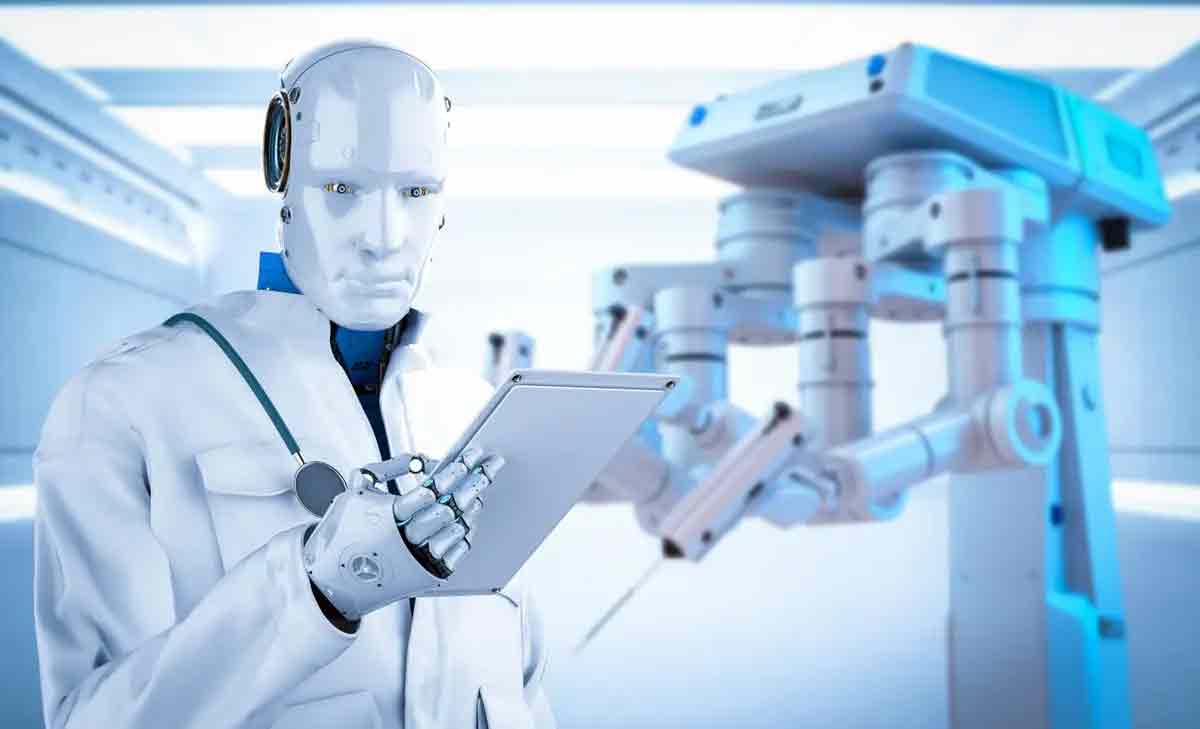Artificial intelligence is revolutionizing the medical industry, and its latest breakthrough is a game-changer for cancer detection. An international team of scientists, including researchers from Charles Darwin University (CDU) in Australia, has developed an advanced AI model known as ECgMPL. This AI system has achieved an unprecedented 99.26% accuracy in detecting endometrial cancer, surpassing traditional diagnostic methods and setting a new standard for cancer detection.
A Giant Leap in Cancer Diagnosis
Endometrial cancer is one of the most common types of reproductive tumors, and its early detection is crucial for successful treatment. Traditional diagnostic methods performed by medical professionals have an accuracy rate ranging from 78.91% to 80.93%, leaving room for potential misdiagnosis. The ECgMPL AI model significantly reduces this margin of error, ensuring early and precise detection of cancer cells.
Dr. Asif Karim, a study co-author from CDU, highlighted the model’s superiority:
“The proposed ECgMLP model outperforms existing methods by achieving 99.26 percent accuracy, surpassing transfer learning and custom models discussed in the research while being computationally efficient.”
This AI technology is designed to assess histopathology images—microscopic scans of tissue samples—and enhance image quality for better detection. By applying deep learning and self-attention mechanisms, the model can accurately pinpoint problematic growths that may be difficult for the human eye to detect.
Beyond Endometrial Cancer: Expanding AI’s Potential
While ECgMPL has been trained specifically for endometrial cancer, its application is far-reaching. Researchers have tested the model on various types of cancer with impressive accuracy rates:
- Colorectal Cancer: 98.57% accuracy
- Breast Cancer: 98.20% accuracy
- Oral Cancer: 97.34% accuracy
According to Associate Professor Niusha Shafiabady from Australian Catholic University (ACU), the AI model’s versatility is a major breakthrough in medical diagnostics:
“The same methodology can be applied for fast and accurate early detection and diagnosis of other diseases which ultimately leads to better patient outcomes.”
How ECgMPL Works: The Science Behind AI-Powered Cancer Detection
The ECgMPL model leverages deep learning techniques to analyze high-resolution histopathology images. This process involves:
- Image Processing & Enhancement: The AI system enhances image quality, making it easier to detect cancerous cells at an early stage.
- Pattern Recognition: Using a self-attention mechanism, the model identifies patterns in tissue structures that are indicative of cancer.
- Ablation Studies & Optimization: The AI is refined through ablation studies to enhance its generalization and efficiency.
- Diagnosis & Monitoring: Once cancer is detected, the model can also assist in tracking treatment effectiveness.
AI: A Tool to Assist, Not Replace Doctors
While ECgMPL offers exceptional accuracy, it is not intended to replace medical professionals but to serve as an advanced diagnostic tool. AI in healthcare is designed to complement doctors’ expertise, providing them with accurate data for more informed decision-making.
Shafiabady emphasized this collaboration:
“The core AI model developed through this research can be adopted as the brain of a software system to be used to assist doctors in decision-making for cancer diagnosis.”
The Future of AI in Cancer Detection
As AI technology continues to evolve, models like ECgMPL will play a crucial role in early cancer detection, leading to better patient outcomes. The integration of AI in medical diagnostics offers numerous benefits:
- Faster Diagnoses: AI-powered analysis significantly reduces the time needed for accurate cancer detection.
- Higher Accuracy Rates: The near-perfect accuracy ensures fewer misdiagnoses and improved patient care.
- Cost-Effectiveness: AI-driven diagnostics could lower healthcare costs by minimizing the need for repeated tests and hospital visits.
Conclusion
The development of the ECgMPL AI model marks a major advancement in the medical field, proving that AI can detect cancer with near-perfect accuracy. As this technology becomes more widespread, it holds the potential to save countless lives by enabling earlier and more precise diagnoses.
With its ability to analyze multiple types of cancer and provide rapid results, AI-powered diagnostics represent the future of modern medicine. As research and development continue, AI will undoubtedly become a fundamental tool in global healthcare, assisting doctors in the fight against cancer and other life-threatening diseases.
Stay updated on the latest breakthroughs in AI and healthcare by following our blog and subscribing to our newsletter.
YAllA TV – www.yallatv.ae





